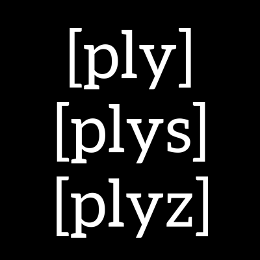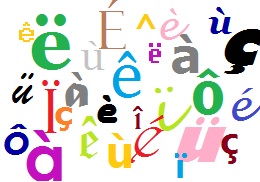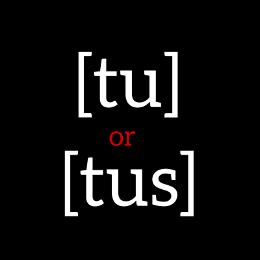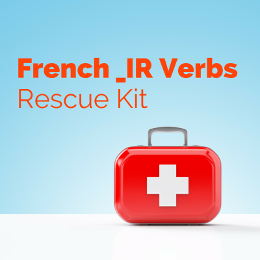This article is a bit different! This time, I wrote in French and in English, to give you some guided reading, along with a few explanations on some French words and expressions :-) Let me know if you liked it in the comment section! Bonne lecture! / Happy reading! Tour de France et nostalgie / Tour de France and nostalgia Suivez-vous le Tour de France ? Personnellement, je zyeute (1) l’écran à quelques occasions, luttant contre le sommeil (à cause de l’heure tardive de diffusion en Australie). Do you follow the Tour de France ? Personally, I only glance at the screen every so often as … Read More →









